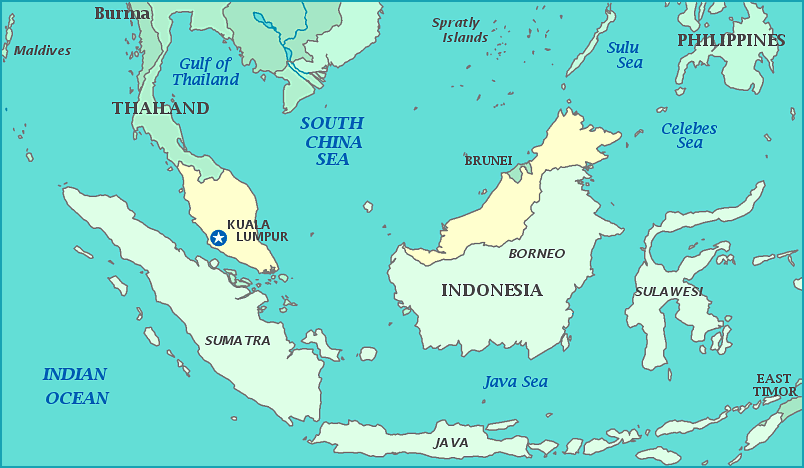When it comes to extreme weather conditions and emergencies, being prepared is key to safeguarding yourself and your loved ones. Among the essential precautions to take, ensuring the safety of food and water during power outages and floods is paramount. Here’s what you need to know to stay safe:

Preparation is Key
Before an emergency strikes, it’s crucial to have a plan in place. Here are some steps to take:
Monitor Temperatures: Invest in appliance thermometers for your refrigerator and freezer. Ensure that the freezer temperature is at or below 0°F and the refrigerator at or below 40°F.
Stock Up on Ice: Freeze containers of water to use as ice packs to keep food cold during outages. This will also provide a backup source of drinking water if needed.
Group and Freeze: Freeze perishable items like leftovers and fresh meat to prolong their safety.
Have Supplies Ready: Keep coolers and ice packs handy for storing refrigerated items if the power outage extends beyond four hours.
Know Your Local Resources: Familiarize yourself with where to obtain dry ice and block ice in case they’re needed.
Ensure Safe Storage: Store food and water on elevated shelves to protect them from floodwater contamination.
During and After Power Outages
When facing a power outage, it’s important to know how to handle food safely:
Keep Doors Closed: Minimize opening the refrigerator and freezer doors to preserve cold temperatures.
Utilize Ice: Use dry ice or block ice to maintain cold temperatures if the power outage is prolonged.
Check Food Safety: Discard any perishable items that have been at room temperature for more than two hours (or one hour if temperatures are above 90°F).
Monitor Temperature: Use appliance thermometers to check if food is safe to consume once power is restored.
Dealing with Flooding
In the event of flooding, take these precautions to ensure the safety of food and water:
Safe Water Practices: Only use water from a safe source for drinking and cooking. Boil or disinfect water if necessary.
Avoid Contaminated Food: Discard any food items that may have come into contact with floodwater.
Proper Cleaning: Thoroughly wash and sanitize food containers and utensils before use.
Recognizing Foodborne Illness
It’s important to be aware of the symptoms of foodborne illness, which can include vomiting, diarrhea, abdominal pain, and flu-like symptoms. If you suspect foodborne illness, seek medical attention promptly and report it to the appropriate authorities.
Stay Safe and Prepared
Emergencies can be unpredictable, but being prepared can significantly reduce risks. By following these simple precautions and staying informed, you can ensure the safety of your food and water during challenging times. Remember, readiness today can save lives tomorrow.


















